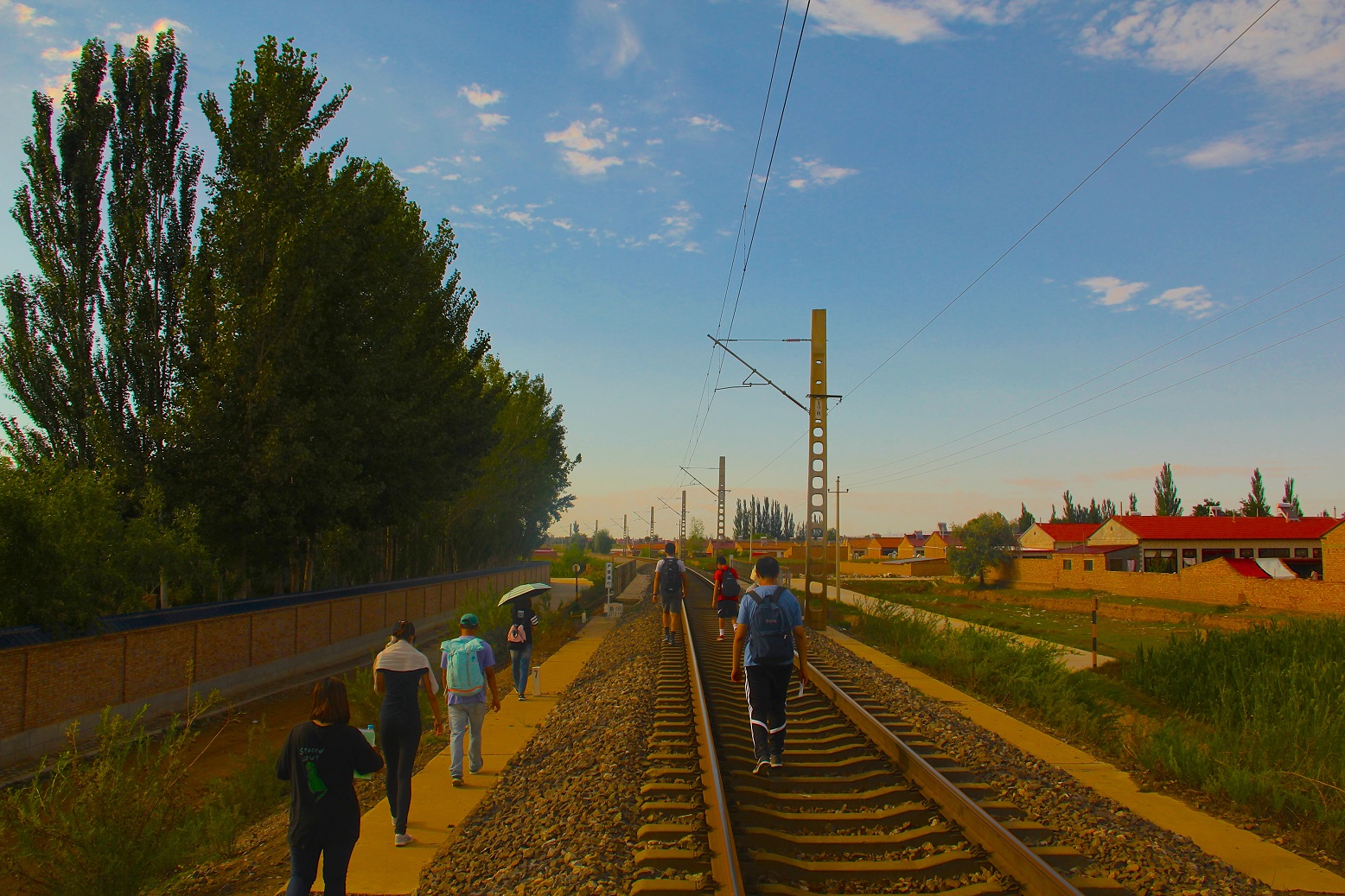In the summer of 2014, Bay Area high school students Luyi Zhang, Emily Li and Lucas Xin saw an opportunity to alleviate poverty while visiting the rural village of Dagouyan in China’s Ningxia region. The area’s cows, it turned out, were in demand in Chinese coastal cities because of Ningxia’s cleaner atmosphere. “However, most farmers in the village were unable to scrape up the tens of thousands in capital that are required to grow them,” said Jason Huang, a Harker junior. “As a result, the students raised several hundred thousand yuan and formed a cow collective.”
The students later formed Nanoseed, which Huang now leads as president, a nonprofit organization whose current main objective is to provide greater economic mobility for Dagouyan’s poor. “While it boasts several thousand in population, there only exists one factory that employs roughly two dozen workers depending upon the number of orders at the time, 27 workers max, while the remaining population survive by seeking temporary employment at larger cities or depending upon farming,” Huang said.
To date, most of Nanoseed’s work has gone into developing and supporting a “cow cooperative” that was started with the cooperation of several families in Dagouyan. Nanoseed raised funds for the operation and negotiated arrangements with a local butcher and a transportation agency.
Nanoseed employs the services of branches at other Bay Area schools for fundraising efforts, while the leadership resides at Harker. Funds raised by these branches are being funneled into a program that offers student loans to children in financially unstable situations. Funding also comes from donations and interest charged on loans they have made. “Loans are charged at a 6.6 percent interest rate. The rate is quite low when compared to the end fee of bank loans, which are usually not offered to the people we serve but often run over 20 to 30 percent in interest for others after accounting for corruption payments and other expenses,” Huang said.
Over the summer, Nanoseed helped found two online businesses in Dagouyan, a handmade shoe seller and a store for organic produce. Both businesses were started using the Chinese social media app WeChat, which includes platforms for instant messaging, networking and commerce.
“The shoe store specifically hires women from needy families to make their handcrafted products, while the organic produce store depends upon the only factory in the town,” Huang explained. “Specifically, this factory buys their ingredients at above market rates from farmers in the town, hires almost half of its production line workforce from needy families, and also donates supplies to the town school and organic fertilizer to farmers for their produce.”
Nanoseed leaders visit Ningxia periodically to work in person with the people involved in the businesses they help set up. Their future plans include improving the efficiency of the work done during these trips. “Current trips consist of a lot of impromptu actions and decisions by student leaders, with simple plans created in just a few days,” Huang said. “We want to create a comprehensive list of necessary actions for groups going to China to ensure steady progress, and also finalize business ideas and research before implementation in Ningxia.” During the school year, they plan to help expand the online businesses through marketing campaigns.
Huang hopes that Nanoseed’s example can spur others into action to help their communities: “Just like how small seeds grow into large trees, we hope our actions can encourage others to serve their community.”
